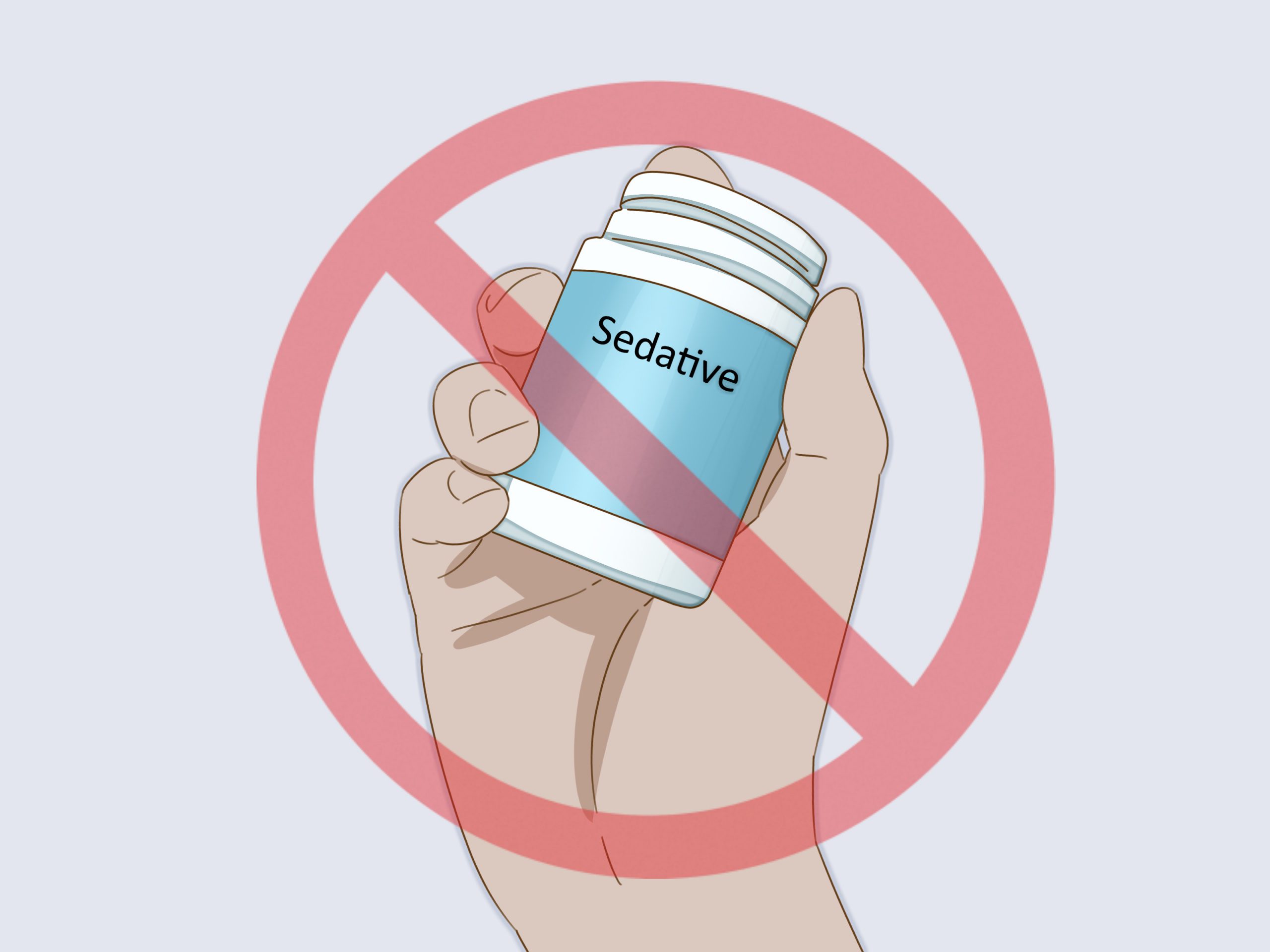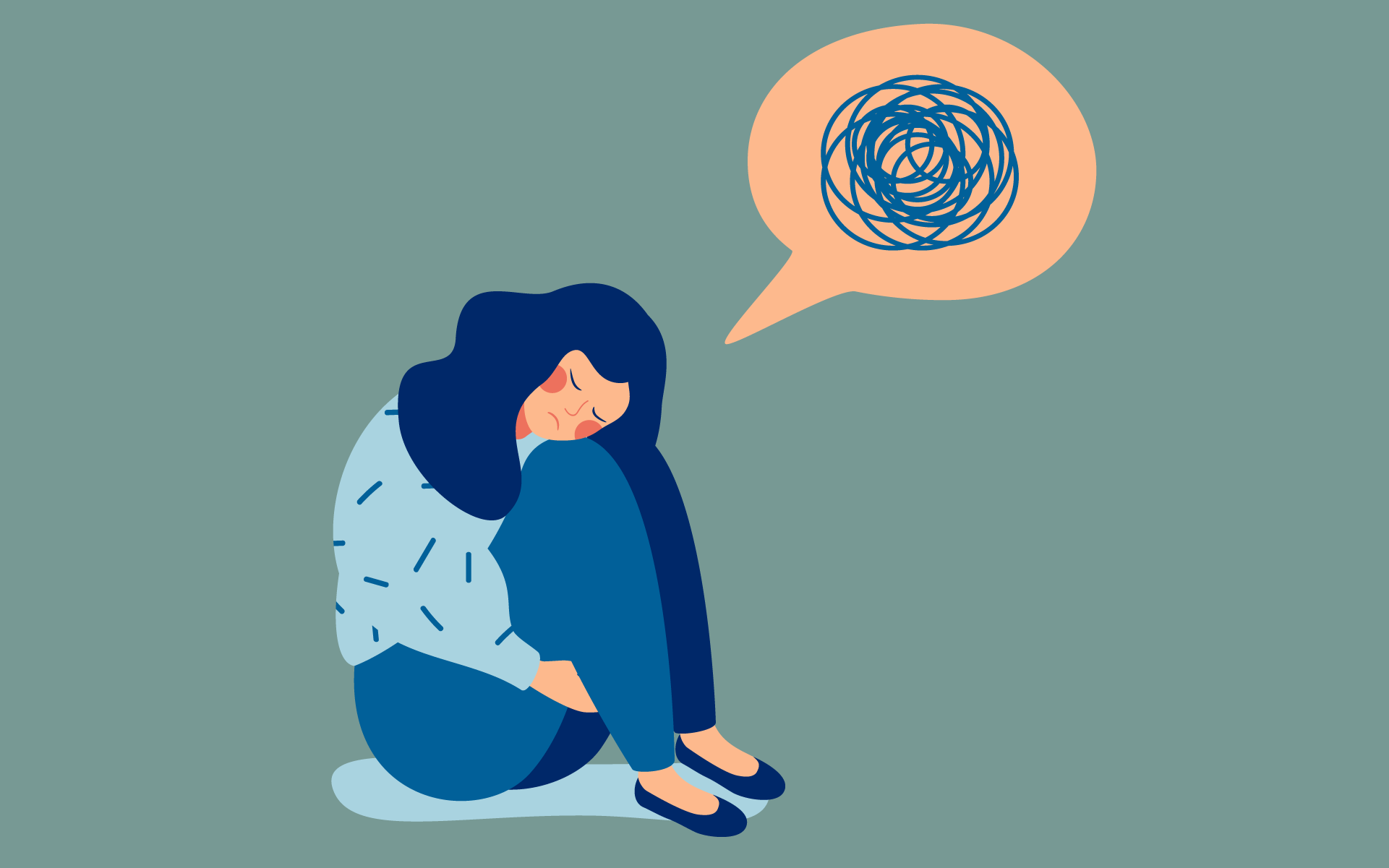Social anxiety refers to a type of anxiety disorder that is often experienced by an individual when exposed to a social setup. This type of anxiety is a result of the fear of being criticized and judged by the social group. Those who have been suffering from the severe symptoms of Social Anxiety Disorder should seek medical help, therapy and counseling. On this article, you will find out more about the symptoms of social anxiety.
The best CBD oil for anxiety is advantageous for all the people. There is no requirement of counseling from the professionals for recovery from the stages. The following of the instructions is essential to get rid of anxiety and depression from the cannabis oil.
A feeling of fear during public speaking is normal for most people. However, a frightening fear of social interactions and group involvement is something that is not normal for human beings. Humans by nature are social animals and regardless of the situation we are at, we would always find ways to interact with other people. But if someone is afraid of the thought of being with a social group, then he may be suffering from a social phobia, which is a symptom of social anxiety. This is no longer a simple case of confidence issue but is some kind of a paranoia that needs to be treated. So let’s find out more about the causes, symptoms and treatment of social anxiety.
Causes of Social Anxiety
Understanding how to cure social anxiety would require knowing the causes. The Social Anxiety Disorder or SAD, is that condition where one would have a morbid fear of the thought of being in a social situation. The feeling of fear and distress in social situations is often so intense that they might prevent the person from doing his normal day to day tasks. Those with extreme cases of SAD would in fact prefer to lock themselves inside a room for days! Social anxiety is caused by a lot of factors. The most common causes are the negative social experiences that the person had in the past and another would be genetic factors that are hereditary in nature.

In some cases, social anxiety usually takes place during the childhood years, as a part of the social development of an individual and might go unnoticed until such time that the person is older. The frequency of social anxiety will considerably vary from one person to another. A lot of people would normally feel nervous about certain social situations, like delivering a speech or public speaking, giving presentation, taking part in a competition and many more. This is pretty normal and is not often due to social anxiety disorder. What is considered a Social Anxiety Disorder is when a person would not be able to interact with any individual every day at work or school for fear of embarrassment. People who are suffering from SAD would not be able to do even the most trivial tasks when in front of people, such as eating in public places, going to the grocery, etc.
Currently, some scientists are doing research on certain natural body chemicals that are said to have played a part in the development of the Social Anxiety Disorder. Serotonin, which is a type of brain chemical, also plays an important role. If the brain levels are not right or if the patient is very sensitive, this could be due to Serotonin.
Symptoms of Social Anxiety
The symptoms of social anxiety in both adults and kids are pretty much the same. The most prominent indication of social anxiety is the extremely high level of self consciousness as well as the constant feeling of apprehension concerning one’s image as well as other people’s opinions about themselves. This will result to a morbid fear of facing situations where he or she will be subjected to the public’s scrutiny and might be judged critically. The fear does not come from the thought that one would be judged but it is on the thought that he or she would fail the judgment. Here are some of the most common emotional signs and symptoms of social anxiety.

- Considerable amount of fear in situations with strangers.
- Dreaded on the thought of how they will be presented in front of others.
- Excessive fear of being judged, criticized or teased.
- Excessive fear that some other people might notice that they are being anxious.
- Excessive worry about humiliation and embarrassment.
- Fear of meeting people in the higher management at work.
- Having constant panic attacks when faced with a fearful situation.
- Kids that have social anxiety disorder will often worry a lot about being embarrassed in front of their friends and classmates, although not generally in front of adults or their parents.
- Often goes blank when faced in a situation where he or she is being judged.
- Refrain from talking or doing certain things because of fear of embarrassment.
- The anxiety will reach to a point that the day to day tasks of a person, including work and school life will be greatly affected.
- The person tends to avoid situations where he or she will be in the center of attention.
Treating Social Anxiety Disorder
Psychotherapy and counseling ad the two most common social anxiety cure. Cognitive behavioral therapy is also used in instilling self confidence and then modifying the behavior of a person by altering beliefs that could make an individual to be afraid of social interactions as well as any kind of public situations. The patient might be administered with SSRI antidepressants in order to provide relief from the symptoms of Social Anxiety Disorder. Prescription tranquilizers are also being administered for severe cases in order to calm the disturbed Physiological state of mind of the patient.
Since most cases of Social Anxiety Disorder are deep-rooted in the psyche of the patient, love and emotional support should be given by friends and family members, aside from professional counseling. With this, the patient will certainly be able to overcome social anxiety and gain enough confidence in facing the strangers or the public. This might take up a lot of time and patience, but eventually, the person would be able to recover from Social Anxiety Disorder, but of course, with willingness on his or her part.